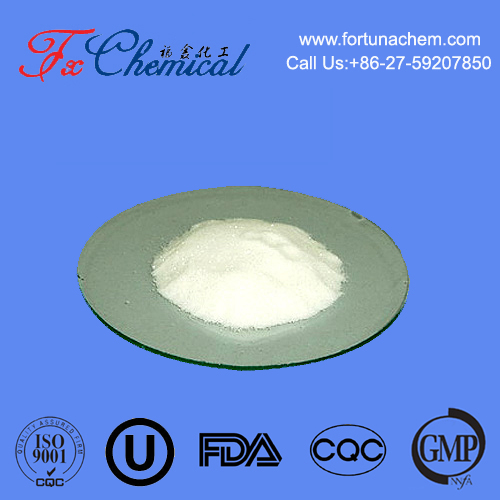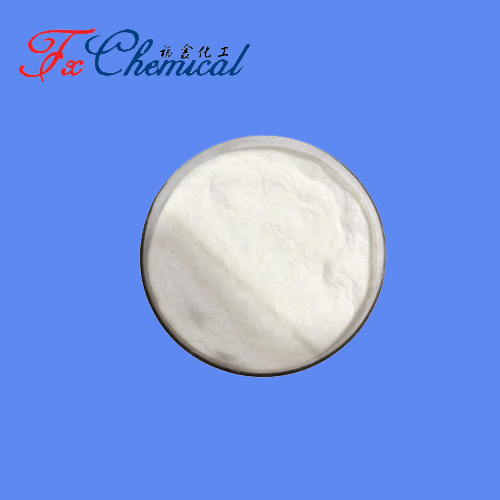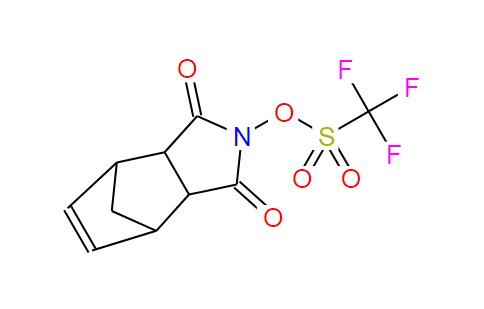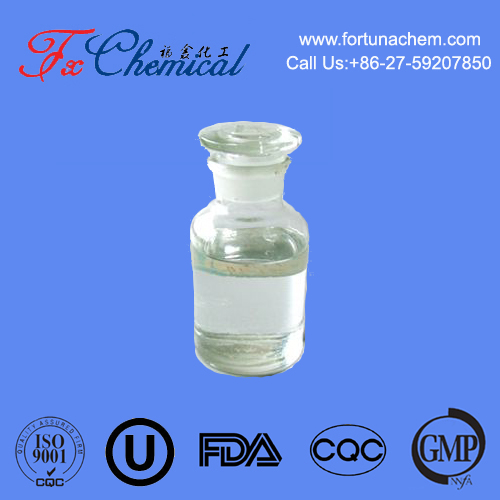
Search

Search

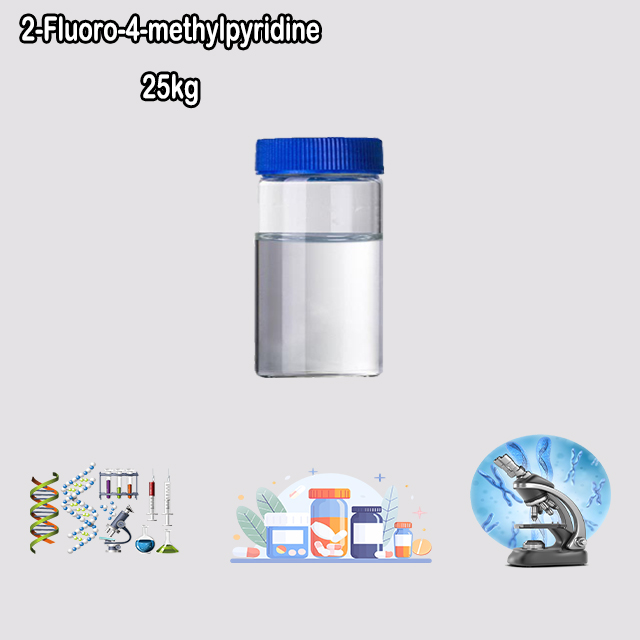
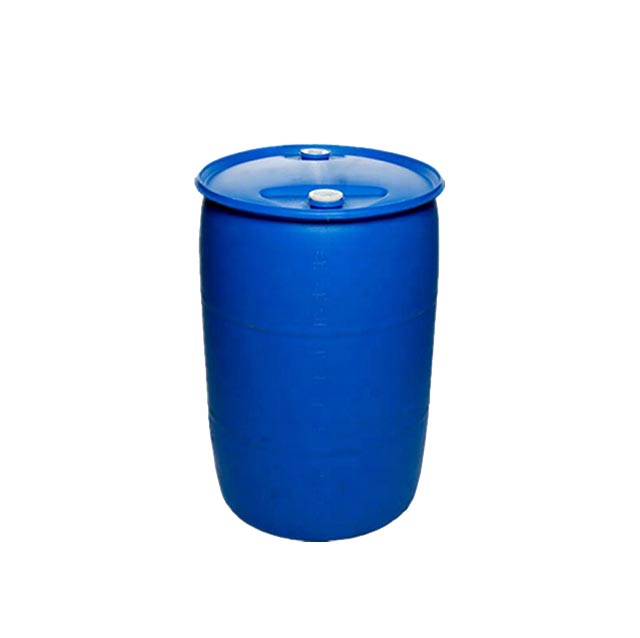
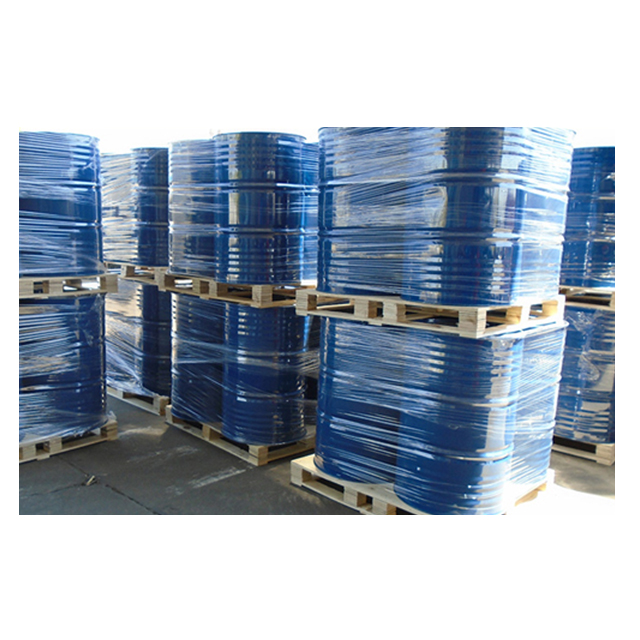
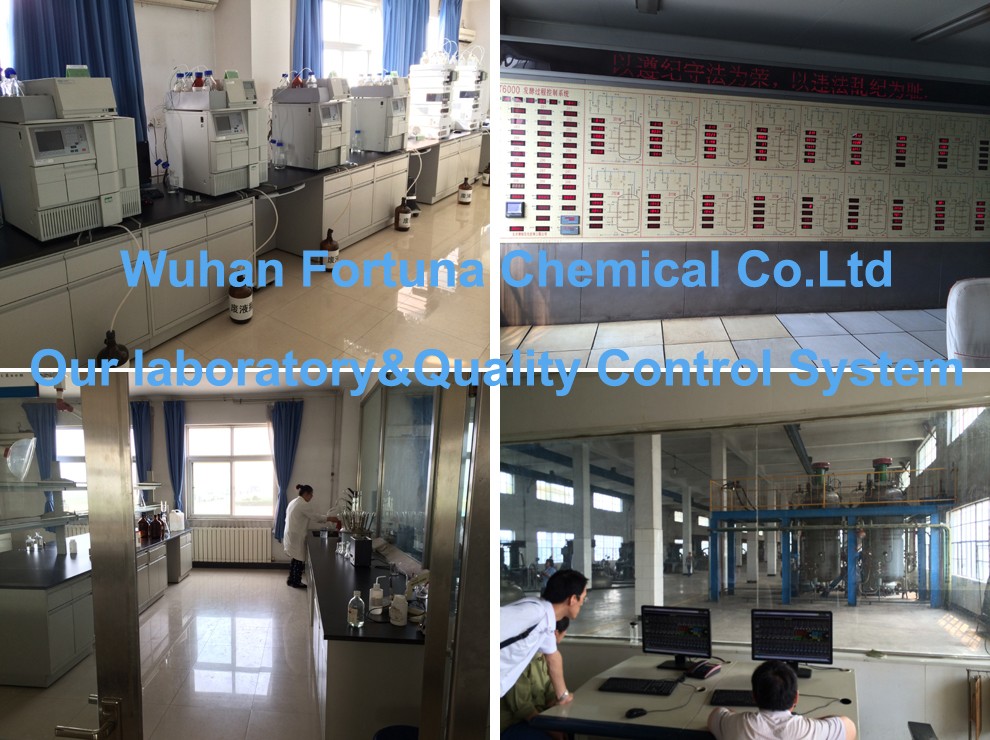
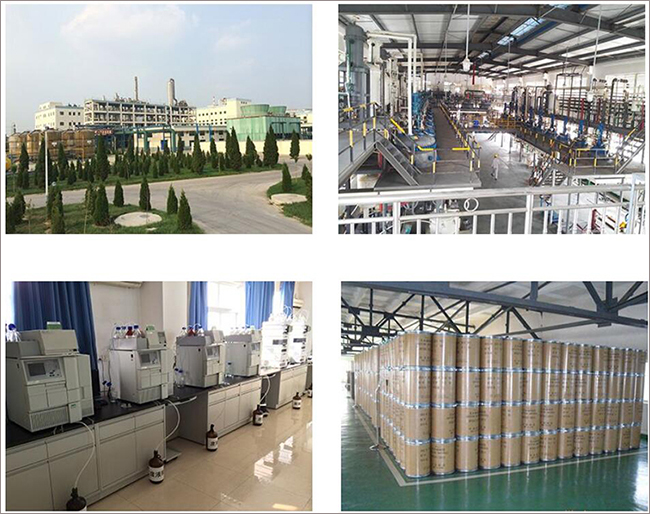





Here's a concise overview of 2-Fluoro-4-methylpyridine:
Core Structure: A fluorinated derivative of pyridine (a 6-membered aromatic ring with one nitrogen atom).
Substituents: Has a fluorine atom (-F) at position 2 (adjacent to the nitrogen) and a methyl group (-CH₃) at position 4 (opposite the nitrogen).
Formula: C₆H₆FN.
Key Features:
The 2-fluoro group is highly reactive due to the electron-deficient ring, making it prone to nucleophilic substitution.
The 4-methyl group offers a site for further chemical modification (e.g., oxidation, halogenation).
Primary Use: A valuable chemical building block (synthon), especially in pharmaceutical and agrochemical research, for synthesizing more complex molecules like targeted drug candidates. Its reactivity and fluorine atom enhance desired properties in final products.
Physical Form: Typically a liquid.
2-Fluoro-4-methylpyridine is an organic compound belonging to the class of heterocyclic aromatic compounds, specifically a fluorinated pyridine derivative. Here's a detailed breakdown of its chemical identity:
A 6-membered aromatic ring with 5 carbon atoms and 1 nitrogen atom (chemical formula: C₅H₅N).
The nitrogen has a lone pair, making pyridine basic and electron-deficient (π-deficient).
Fluorine (-F) at position 2:
Directly attached to carbon #2 (adjacent to the nitrogen). Fluorine is highly electronegative, making this position electron-withdrawing and influencing reactivity.
Methyl group (-CH₃) at position 4:
Attached to carbon #4 (meta to nitrogen). Methyl groups are electron-donating and increase lipophilicity.
C₆H₆FN
(6 carbons, 6 hydrogens, 1 fluorine, 1 nitrogen).
111.12 g/mol
Physical State: Typically a colorless to pale-yellow liquid at room temperature.
Boiling Point: ~140–145°C (varies slightly with purity).
Solubility:
Miscible with organic solvents (e.g., ethanol, acetone, DCM).
Low solubility in water.
Reactivity:
The 2-fluoro group is highly reactive due to the adjacent nitrogen, making it susceptible to nucleophilic substitution (e.g., with amines, alkoxides).
The 4-methyl group can undergo oxidation (to -COOH) or halogenation (e.g., bromination).
Common routes include:
Halogen exchange on 2-chloro-4-methylpyridine using KF or CsF.
Direct fluorination of 4-methylpyridine via Balz-Schiemann or other methods.
Cross-coupling reactions on pre-fluorinated pyridine intermediates.
Pharmaceutical Intermediates:
Used to synthesize bioactive molecules (e.g., agrochemicals, drugs) due to fluorine's role in enhancing metabolic stability, lipophilicity, and binding affinity.
Agrochemicals:
Building block for herbicides, fungicides, or insecticides.
Ligands in Catalysis:
Fluoropyridines act as ligands for transition metals in catalysis.
Material Science:
Fluorinated heterocycles are used in liquid crystals, OLEDs, or polymers.
Hazardous: Flammable liquid, toxic if ingested/inhaled, and corrosive to skin/eyes.
Precautions: Use in a fume hood with PPE (gloves, goggles). Avoid strong oxidizers.
Storage: Keep in a cool, dry place under inert atmosphere (e.g., N₂).
349-90-0 (Unique identifier for chemical databases).
F
│
1 ┌─┐ 6
N ─┤ ├─H
2 │ │ 5
H─C ─┼─C─CH₃ (4-methyl)
3 │ │ 4
H─C ─┴─C─H
Numbering follows pyridine convention (N = position 1).
Fluorine substitution at the 2-position (ortho to N) dramatically alters electronic properties and reactivity compared to non-fluorinated pyridines. This makes it a valuable synthon for designing complex molecules in medicinal chemistry and materials science. The 4-methyl group adds steric and electronic flexibility for further functionalization.
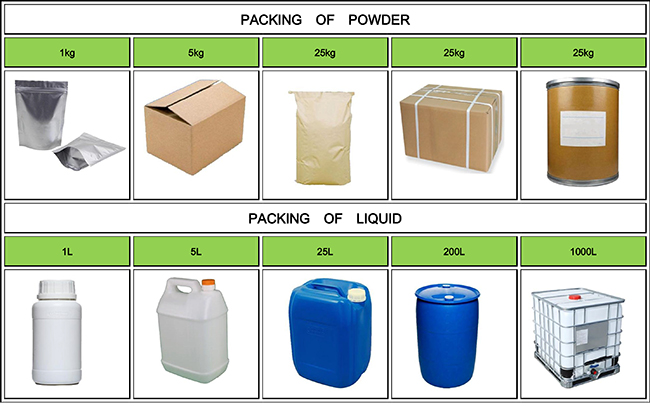



Fortunachem Provides Not Only Professional Chemical Products But Also Professional Help
Keeping you up-to-date with all the latest information, news, and events about Fortunachem!

Quick Links
Add:
E-mail:
 English
English  Español
Español  français
français  العربية
العربية 